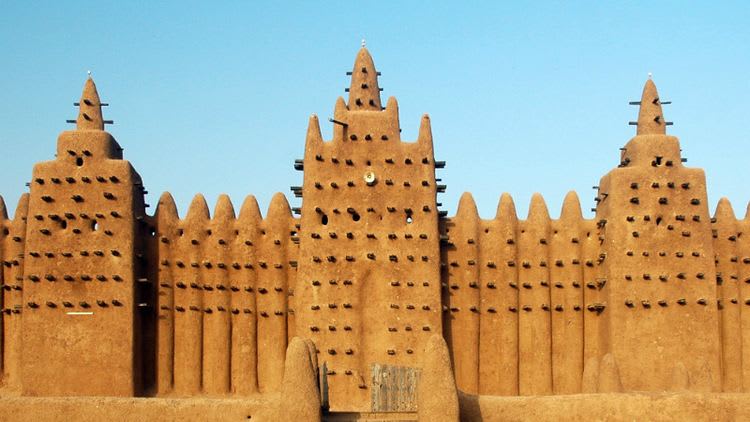Regarded as one of the founding fathers of Haiti, Jean-Jacques Dessalines was a revered anti-slavery champion and revolutionary icon. Born on the 20thof September 1758 , Dessalines was a leader of the Haitian Revolutionand the first ruler of a sovereign Haiti under the 1805 constitution. Under Dessalines, Haiti became the first country to permanently abolish slavery. Initially regarded as governor-general, Dessalines was later named Emperor of Haiti as Jacques I (1804–1806) by generals of the Haitian Revolution Army and ruled in that capacity until being assassinated in 1806.
Slave upbringing
Dessalines was born in slavery in the French colony of Saint Dominque. Born to Congolese parents, Dessalines was originally given the name Duclos, after the plantation’s owner and later on assumed a surname Dessalines when he was purchased by a free black slave owner from whom he escaped. His slave owners would subject him to physical abuse characterised by whipping and inhumane labour treatment. Such background of his moulded him into a bitter man with a zeal for freedom. What western history coverage has described as a villain attitude of his was just but a reflection of the society that brought him up.
A revolutionary commander
Jean Jacques Dessalines stood out as a resilient revolutionary commander for Haiti in its several battles against the French army. With relatively primitive weapons against a well-trained and aptly equipped French troop, Dessalines would go on to give the French army a good run for its money. A relentless soldier driven by a nationalist agenda, Dessalines’ prowess in warfare makes him one of the most outstanding black army commanders in the Caribbean history. Dessalines military experience were largely attributed to his military stints as a French military officer and later as Toussaint Louvertures'(pioneer of the Haititan revolution) principal lieutenant.
France’s first ‘defeat’- The Battle of Battle of Crête-à-Pierrot
The Crête-à-Pierrot formed a very vital port with far reaching economic relevance for Haitians. The French army desperately attempted to usurp control over the port and influence its economic activity. While serving under Tousaaint Louverture, commander Dessalines fearlessly led a Haitian rebel army against this powerful French battalion. Implementing guerrilla warfare tactics, Dessalines' rebels forced the French blockade and escaped to the mountains. Here, Dessalines's forces massacred many French civilians, and then regained control of the Crête-à-Pierrot fort. France suffered considerable casualty both in the form of troops and significant army commanders including prominent General Charles Dugua, a trusted general of Napoleon’s imperial conquests. While this battle was not entirely a success for the Haitian rebels, it fostered within them the zeal to keep up the fight against the French. It was a practical evidence casting doubts on the French army’s invincibility.
Battle of Vertières, 1803: The defeat of France in Haiti
This battle marked the major and final square off between the Haitian revolutionary army and Napoleon's French expeditionary forces who were committed to regaining control of the island. Under Dissalines’ commandership, French armies had been defeated in a series of on-off battles. It was only on the night of November 18ththat the French forces were decisively thrashed, only to thank a heavy downpour with lightning and thunder for mapping their escape flight. At this point, the revolutionary army managed to retake the city of St. Domingue. General Dessalines led Haiti to independence against a seemingly resistant French army. The express surrender by General Rochambeau who led the French army sow the seeds for an Independent Haiti.
In order to make clear his intention to concede defeat, the French general sent his junior, Duveyrier to negotiate peace terms with Dessalines. By the end of the day, the terms of the French surrender were settled. Rochambeau got ten days to embark the remainder of his army and leave Saint-Domingue.
The wounded French soldiers were left behind under lock and key with the expectation that they would be returned to France, but they were drowned a few days later as an indication that the French existence in Haiti was no longer tolerated. It was out of Dessalines political acumen and military brilliance that Haiti was proclaimed independent and henceforth, the Republic of Haiti on 1 January 1804. While Western media has made a futile attempt to portray Dessalines as a villain and a tyrant, his contribution towards black empowerment paved way for an independent, slavery free Haiti.






